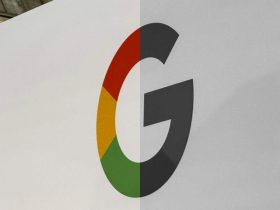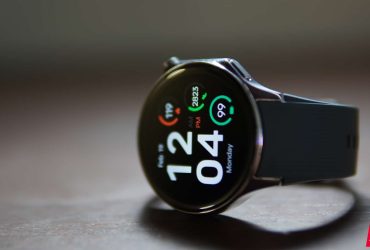Judge Ruling On AI Could Change The Fate Of Copyright Lawsuits

Contents
The artificial intelligence revolution brought big advances to the tech industry. However, it also brought serious challenges in the legal arena. The AI training process requires using huge datasets of content available on the internet, which raises questions about copyright. That said, a recent ruling in a lawsuit involving Reuters and copyright could forever change the way AI-related cases are judged.
AI and copyright have been in a “gray area” for years
For years, the use of copyrighted content for AI training has been in a kind of legal “gray area.” The boom in artificial intelligence platforms caught regulators completely off guard. Plus, the pace of technological advancement quickly makes nascent regulatory projects obsolete. This situation has allowed AI companies to defend themselves in lawsuits claiming “fair use” of internet content.
The firms’ main argument is that they use the content in a “transformative” way. In other words, they create products that have entirely new or different functions than the original product from which the content was taken. This should ensure that AI platforms are not a direct competitor to the websites or platforms from which they obtained training data.
Federal judge rules in favor of Reuters in lawsuit against AI startup over use of copyrighted content
However, this reasoning has been nullified under the perception of a federal judge in Delaware. Judge Stephanos Bibas sided with Thomson Reuters in a lawsuit against Ross Intelligence, an AI startup focused on the legal field.
The case was originally filed in 2020 but is just now receiving a ruling. The plaintiff accused Ross Intelligence of reproducing materials obtained from Thomson Reuters’ Westlaw legal research database. The AI startup would be doing so in a competitive manner, “attacking” Reuters with the use of its own content.
Ross Intelligence attempted to resort to the “fair use” arguments previously mentioned. However, the judge flatly rejected the firm’s claims. “None of Ross’s possible defenses holds water. I reject them all,” the judge’s summary says. “Ross took the headnotes to make it easier to develop a competing legal research tool…so Ross’s use is not transformative.”
The ruling applies to cases of non-generative AI
There appears to be one key aspect that led the judge to make this determination. The summary separates between generative AI and non-generative AI, classifying Ross Intelligence’s platform as the latter. Generative AI platforms are based on large language models (LLMs). The judge’s ruling focuses specifically on non-generative AI cases.
It’s possible that the ruling will make things more difficult for AI companies to defend themselves against copyright lawsuits. However, the separation that the judge makes between generative and non-generative AI could make the difference. Big names in the industry, such as OpenAI, Google, Meta, and Microsoft, work with generative technology. So, it is possible that they can continue to claim “fair use” in their particular cases. Only time will tell whether Judge Bibas’ decision will resonate in other ongoing AI-related cases.
That said, the lawsuit has had serious consequences for Ross Intelligence. The startup had to close in 2021 due to the cost of litigation. Meanwhile, companies with large financial support can sustain these legal battles for prolonged periods.
What’s your reaction?
Love0
Sad0
Happy0
Sleepy0
Angry0
Dead0
Wink0








Leave a Reply
View Comments